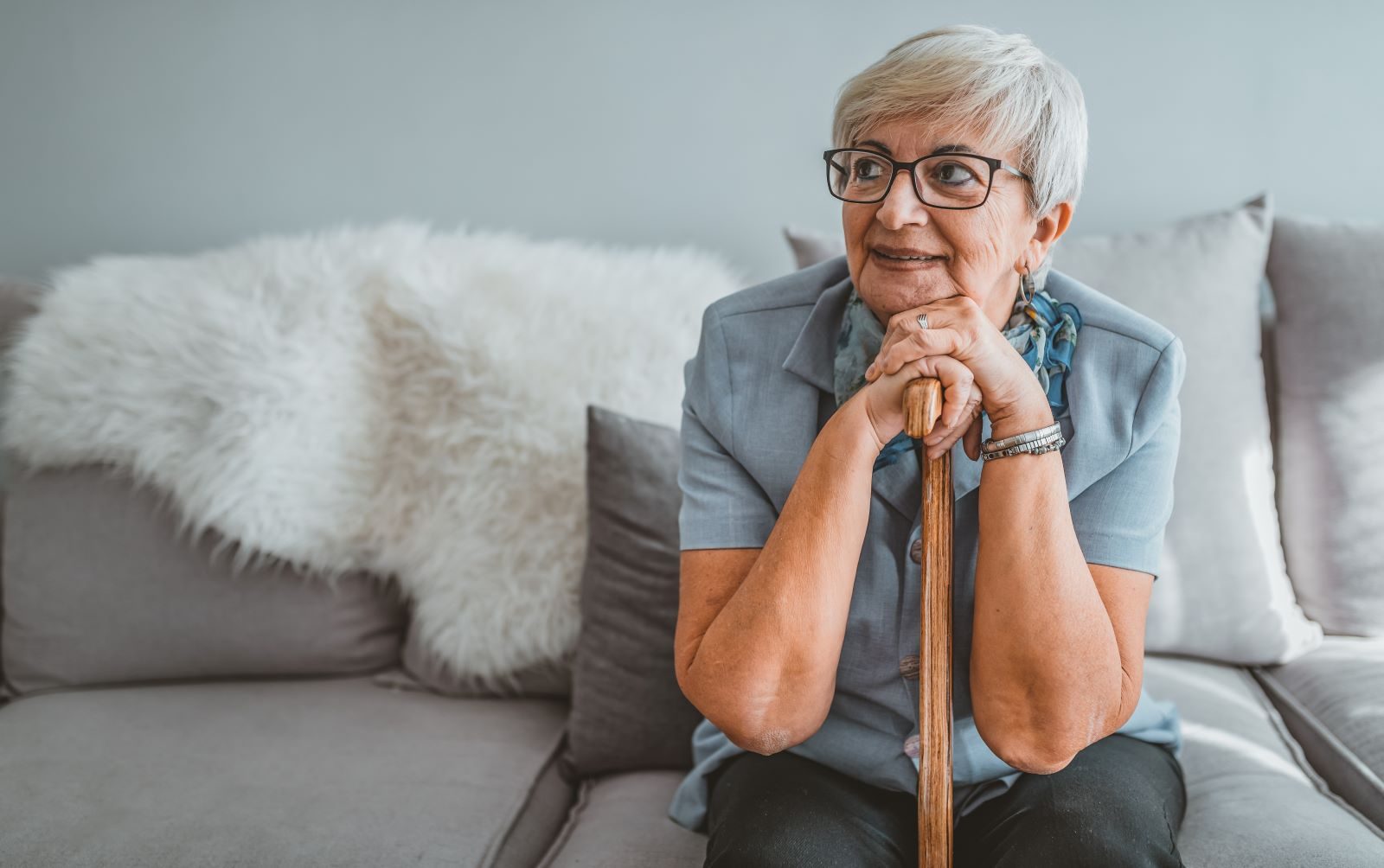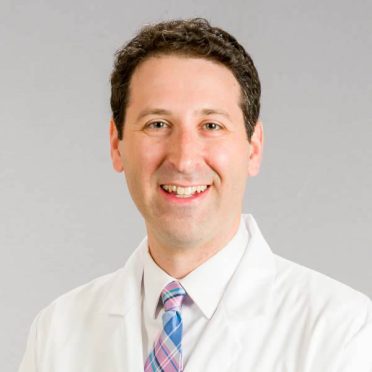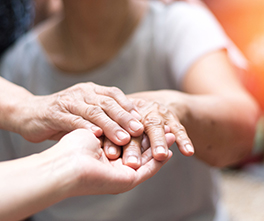Even though the condition called Normal Pressure Hydrocephalus (NPH) becomes more common as people age, it’s still largely under-recognized.

With NPH, the structures that filter cerebrospinal fluid (CSF) stop draining well, causing an excessive buildup of CSF inside the brain and such resulting symptoms as difficulty walking, cognitive impairment and trouble controlling urination, according to Benjamin Dorfman, MD, a movement disorders neurologist at the Hartford HealthCare Ayer Neuroscience Institute Chase Family Movement Disorders Center in Cheshire and Winsted.
The estimates, he said, are that from one to 29 per 100,000 patients, mostly elderly, will be affected by NPH.
“Patients do not have to have all three symptoms, and sometimes we can also see some of the same symptoms seen in Parkinson’s disease,” Dr. Dorfman said. “Since we specialize in movement disorders, however, we are sensitive to the subtle differences between NPH and some of the other conditions that have overlapping symptoms.”
To diagnose NPH, he explained, a patient needs to have had a diagnostic imaging test showing there is excessive CSF inside the brain in a pattern consistent with NPH. At the Chase Family Movement Disorders Center, providers collaborate with interventional radiology, physical therapy and neurosurgery to make a diagnosis of NPH and devise a care plan for treating the symptoms.
The first step in treatment, Dr. Dorfman said, is a spinal tap to remove a large amount of CSF to see if that relieves the patient’s symptoms. If this shows a benefit, he said, the permanent solution is a surgical procedure to reroute the fluid out of the brain, relieving pressure and strain.
If NPH is not addressed, symptoms will progress over time.
“Worsening gait and cognition carry their own risks of complications including falls, broken bones, and traumatic brain injury,” Dr. Dorfman noted.
As part of their treatment at Chase Family Movement Disorders Center, patients have access to multidisciplinary therapy options and social support programs, such as free classes in Tai Chi, yoga, boxing and dance.



